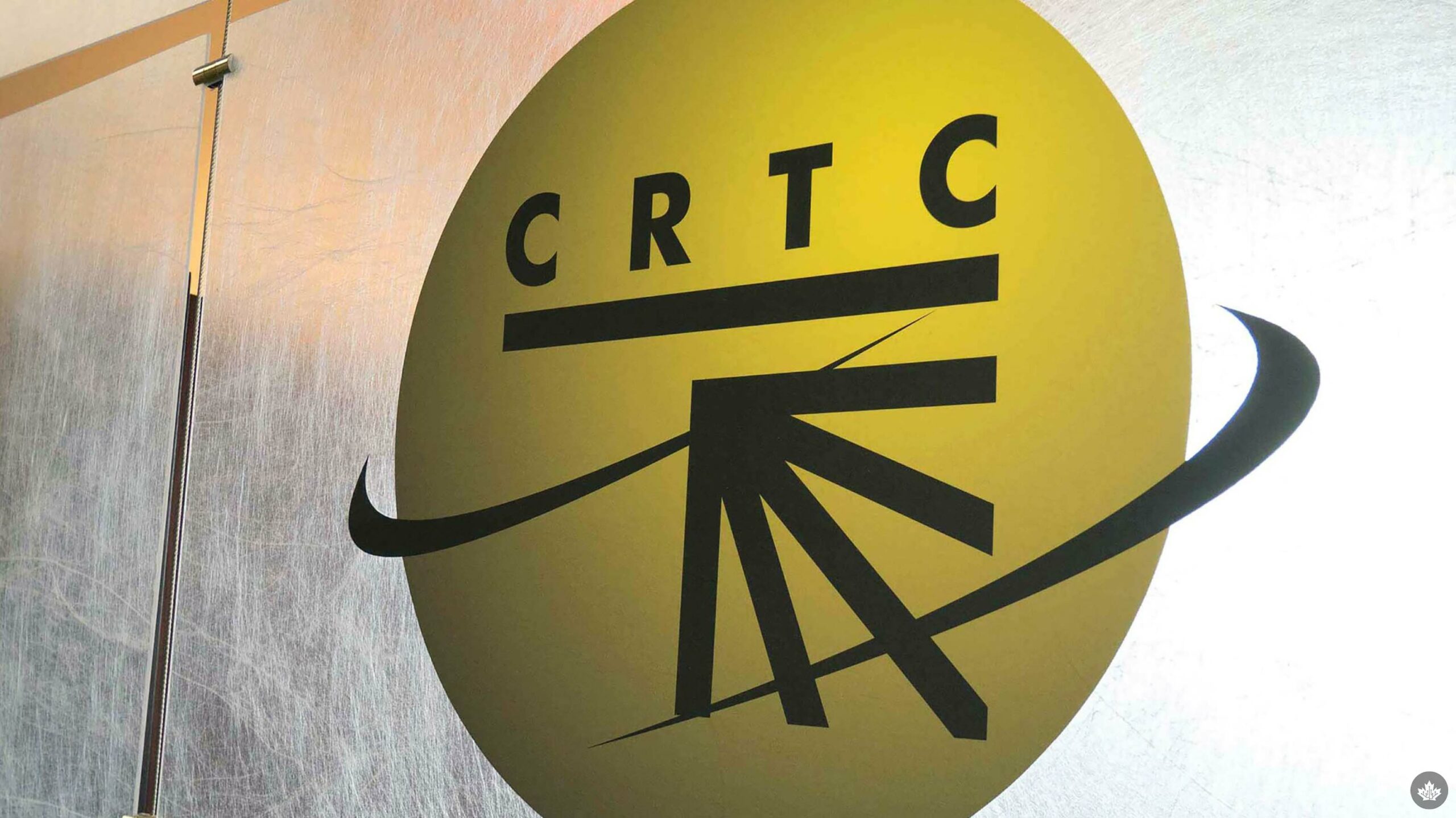
Four Canadians face $300,000 in fines for their involvement in Canadian HeadQuarters.
The Dark Web marketplace is also known as CanadianHQ. It’s designed explicitly for Canadian users to buy and sell products that can be used for malicious activity, such as phishing kits, stolen credentials, and access to compromised computers.
The investigation was conducted by the Canadian Radio-television and Telecommunications Commission (CRTC) and involved the execution of several warrants in the greater Montreal area in 2020 and 2021.
The marketplace has since been taken offline. The CRTC said CanadianHQ was one of the largest marketplaces on the planet and “significantly contributed to harmful cyber activity in Canada.”
Steven Harroun, the chief compliance and enforcement officer at the CRTC, said this was one of the most complex cases the unit has tackled. “This case shows that anonymity is not absolute online, and there are real-world consequences when engaging in these activities.”
The investigation centred on four Canadians allegedly sending emails to customers seeking personal information, such as credit card numbers and banking credentials. The CRTC said the emails were “mimicking well-known brands,” and the penalties stem from sending messages without consent under Canada’s anti-spam legislation (CASL).
Chris Tyrone Dracos (aka his screen name Poseidon) was the marketplace creator and is fined $150,000. It’s alleged he aided vendors and customers with numerous CASL violations.
- Marc Anthony Younes (aka CASHOUT00 and Masteratm), Souial Amarak (aka Wealtyman and Supreme), and Moustapha Sabir (aka La3sa) face $50,000 in notices of violations each.
The CRTC reports the investigation has identified other vendors and disciplinary action will soon be taken against them. Information about who these vendors are and details on their role has not been released at this time.
- The CRTC asks Canadians to report spam, phishing, or any questionable practices to the Spam Reporting Centre.
Source: CRTC
MobileSyrup may earn a commission from purchases made via our links, which helps fund the journalism we provide free on our website. These links do not influence our editorial content. Support us here.


